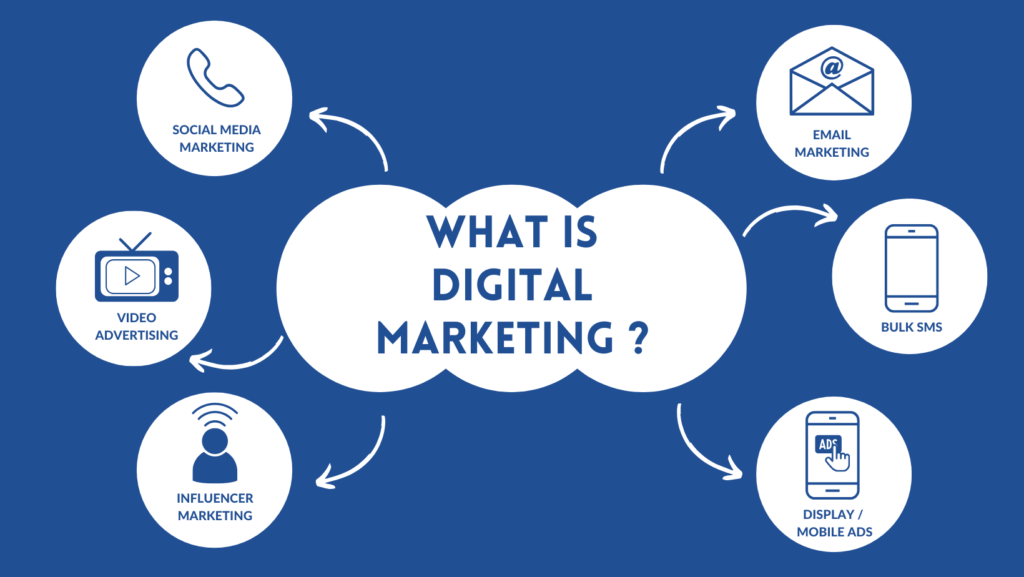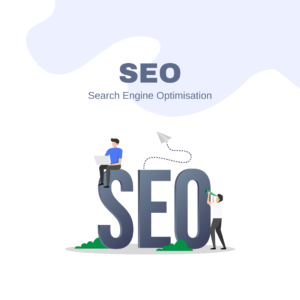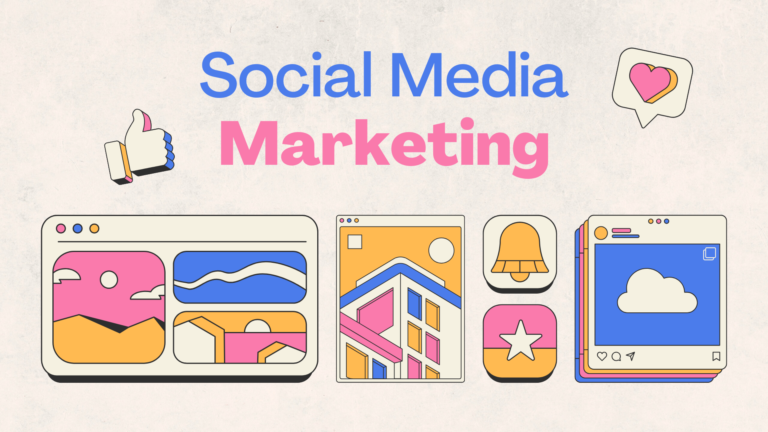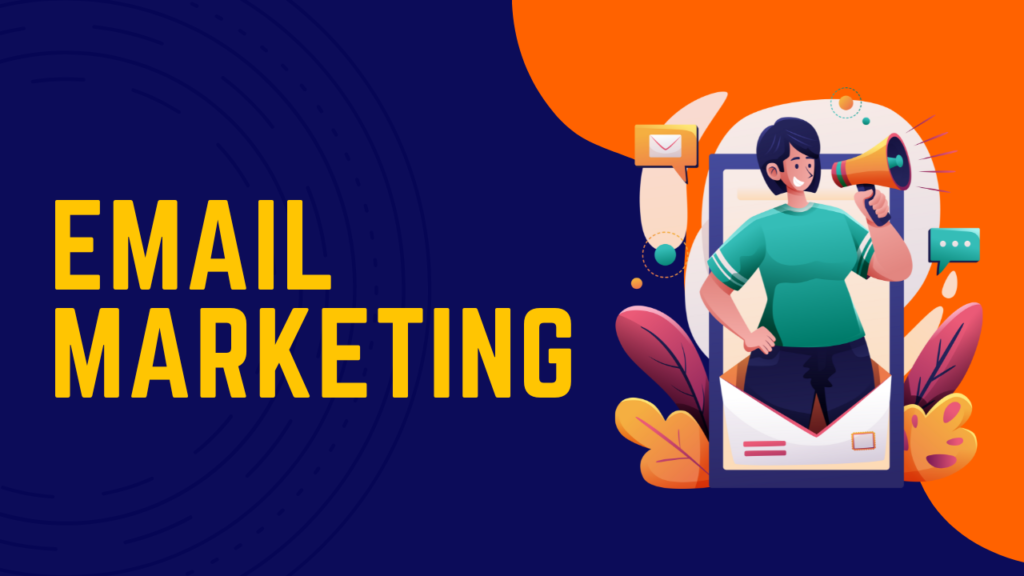The Importance of Digital Marketing in Today’s Business
Introduction
The Importance of Digital Marketing in Today’s Business. In today’s fast-paced, technology-driven world, businesses must adapt to the changing landscape to stay competitive. Digital marketing has emerged as a vital tool for businesses of all sizes, enabling them to reach their target audience effectively and efficiently. In this blog post, we’ll explore what digital marketing is, its key components, and why it is essential for the success of modern businesses.
Collaborating with a freelance digital marketing specialist in Calicut is a smart choice for businesses seeking innovative and adaptable marketing strategies. These professionals excel in crafting result-oriented campaigns, from SEO optimization to social media branding, designed to elevate your online visibility. With the ability to work closely with clients and provide personalized solutions, they ensure that your brand’s message reaches the right audience effectively. A digital marketing freelancer in Calicut combines local insights with advanced digital tools to deliver measurable outcomes, making them an invaluable partner for your business growth.
What is digital marketing?
All marketing initiatives that make use of electronic devices or the internet are referred to as digital marketing. It encompasses a variety of methods and techniques intended to engage with clients where they spend a significant amount of time—online.. From social media marketing and email campaigns to search engine optimization (SEO) and pay-per-click (PPC) advertising, digital marketing provides a comprehensive approach to reaching potential customers.

Key Components of Digital Marketing
Search Engine Optimization (SEO): This involves optimizing your website to rank higher on search engine results pages (SERPs), increasing organic traffic and visibility.Search Engine Optimization (SEO) is the process of enhancing the visibility of a website on search engine results pages (SERPs). It aims to increase organic traffic by making the site more appealing to search engines and users alike.


Content Marketing: Creating valuable, relevant content helps attract and engage your audience, building trust and authority in your niche.Content Creation: Developing various forms of content, including blog posts, articles, videos, infographics, podcasts, and social media posts, tailored to the interests and needs of the target audience.
Content Distribution: Sharing content across multiple channels, such as websites, social media platforms, email newsletters, and third-party sites, to maximize reach and engagement.
Social Media Marketing: Social media marketing is the process of connecting with audiences, promoting products, and encouraging community involvement using websites like Facebook, Instagram, and LinkedIn.Using social media platforms to interact with audiences, promote goods, services, or brands, and increase website traffic is known as social media marketing. It encompasses both organic strategies and paid advertising to reach and interact with potential customers
Platform Selection: Choosing the right social media platforms (e.g., Facebook, Instagram, Twitter, LinkedIn) based on the target audience and business goals.


Email Marketing: sending customized emails to retain client connections, market products, and nurture leads.One direct marketing tactic is email marketing, which entails sending emails to a list of subscribers to promote products, services, or brand messages. It is used to engage customers, nurture leads, and drive conversions.
List Building: Gathering and managing a list of subscribers who have opted in to receive emails, often through website sign-ups, lead magnets, or events.
Segmentation: Dividing the email list into specific groups based on demographics, behaviors, or preferences to send targeted and relevant content.
Why Digital Marketing is Important
- Greater Reach: Digital marketing, as opposed to traditional marketing, enables companies to connect with customers throughout the world. Even tiny enterprises may compete on a wider scale with the correct tactics.
Cost-effectiveness: When compared to traditional approaches, digital marketing frequently demands less investment. Channels like social media and email marketing can yield high returns on investment (ROI) at a fraction of the cost.
Targeted Marketing: By allowing companies to focus on particular demographics, digital marketing makes sure that the proper people see their ads. This leads to increased conversion rates and more effective advertising.
Measurable Outcomes: The capacity to monitor and assess outcomes in real time is one of the major benefits of digital marketing. This allows businesses to adjust their strategies based on performance, ensuring better outcomes.
Improved Customer Engagement: Direct communication with customers is made possible via digital platforms. Customer satisfaction and loyalty can be increased by interacting with your audience on social media or through tailored email marketing.
Staying Competitive: In a world where consumers increasingly rely on online research before making purchasing decisions, businesses must have a strong digital presence to remain relevant and competitive.
Conclusion
As technology continues to evolve, so too does the landscape of marketing. Digital marketing is no longer optional; it is a necessity for businesses that want to thrive in today’s marketplace. By understanding and implementing effective digital marketing strategies, businesses can not only reach their target audience but also build lasting relationships and drive growth. Adopt digital marketing strategies to set up your company for success in the modern day.